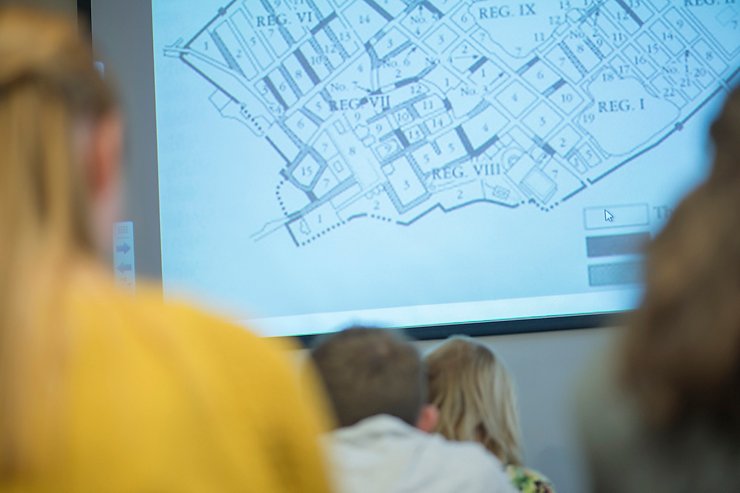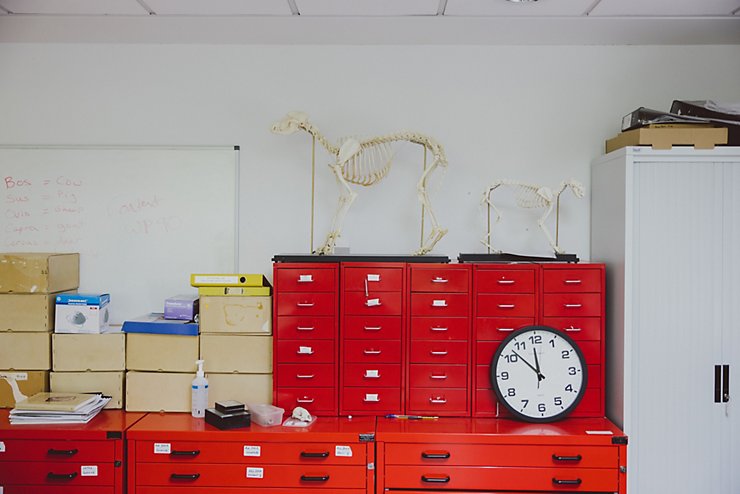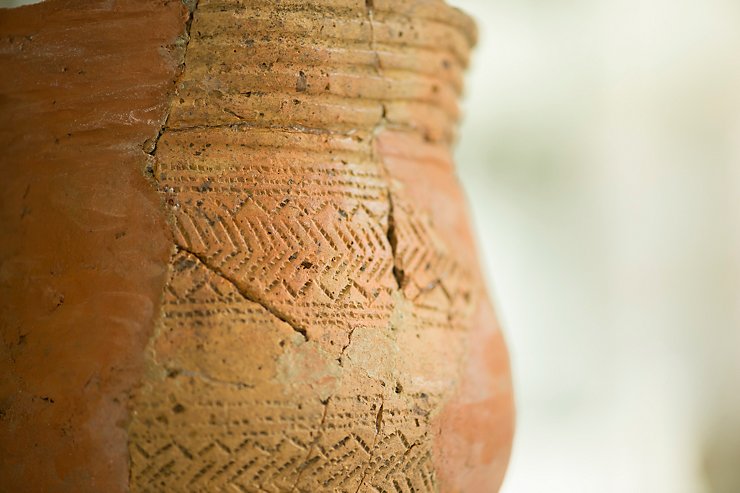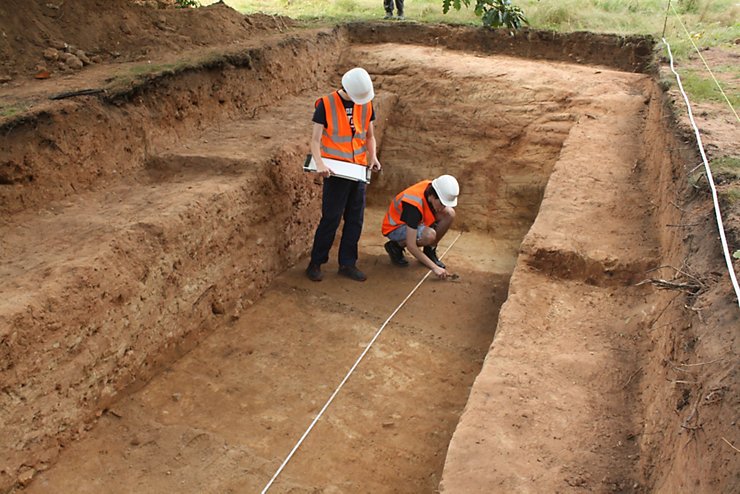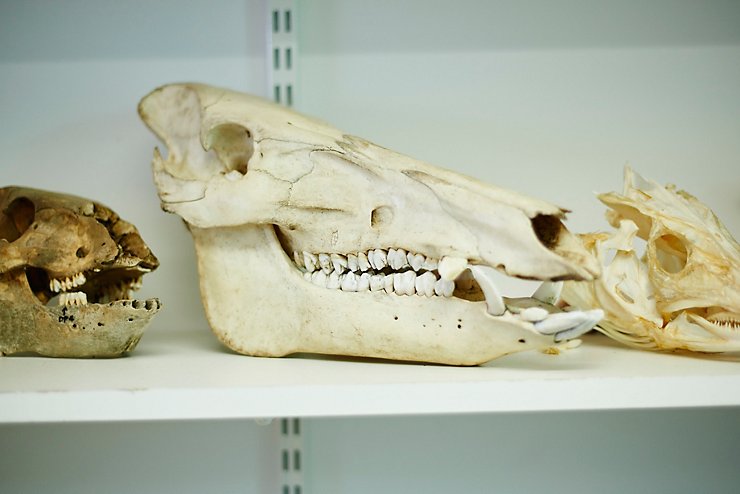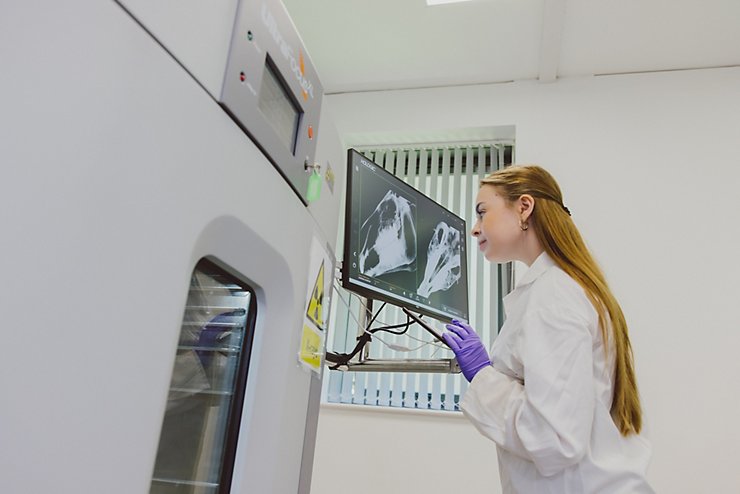Teaching is delivered through:
- lectures
- seminars
- tutorials
- workshops
- project work
- field trips
Many archaeology modules include hands-on learning including practicals, laboratory work and object handling sessions.
In classics you also have the option of studying ancient languages, as we teach Latin and ancient Greek from beginner to advanced levels.
Field trips
These are a fun, hands-on learning experience. The department organises regular study visits to local and national museums such as the British Museum, and trips to archaeological sites - from prehistoric monuments in the Peak District, to Roman and medieval remains in nearby Lincoln, and to Hadrian’s Wall in Northumberland.
Work experience
You can gain work experience in the university’s on-campus museum, which has a well-established student volunteer programme, as well as many other regional heritage and cultural organisations.
The 'Humanities Work Placement' module is a second-year option that gives you direct experience of a workplace, through a part-time professional placement. You will spend one day a week for 6-8 weeks working at a local business, heritage or cultural organisation, supported by a series of seminars and individual tutorials.
Field work
This is an important aspect of our archaeology degrees, and usually involves participation in an approved excavation during the summer break.
Assessment
Assessment is by a mixture of written coursework, seminar presentations and reports, projects, dissertations and exams. Practical and lab-based modules may be assessed by a lab test or portfolio of practical work such as surveys and drawings.
As you progress through the degree, you will also give oral presentations on your work and design posters and other forms of visual communication.

















